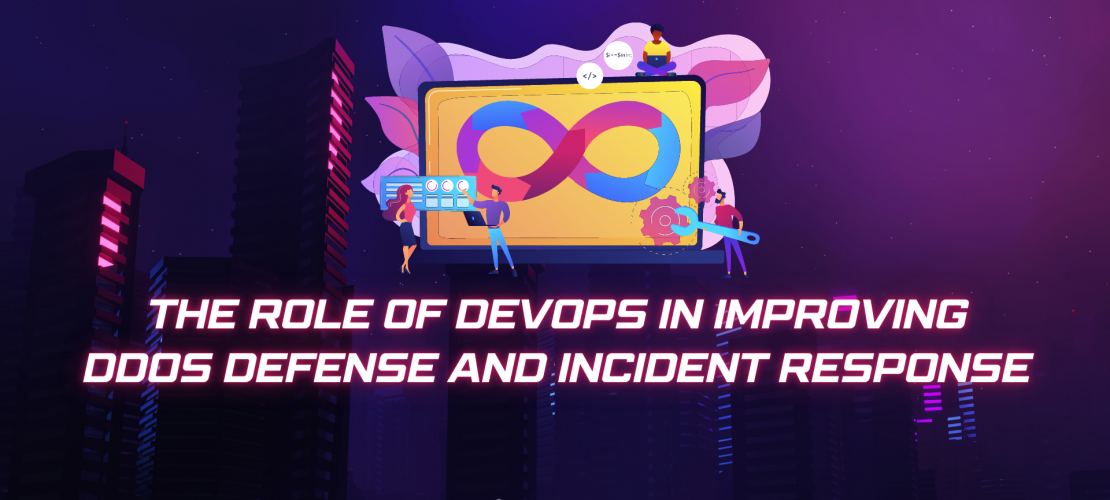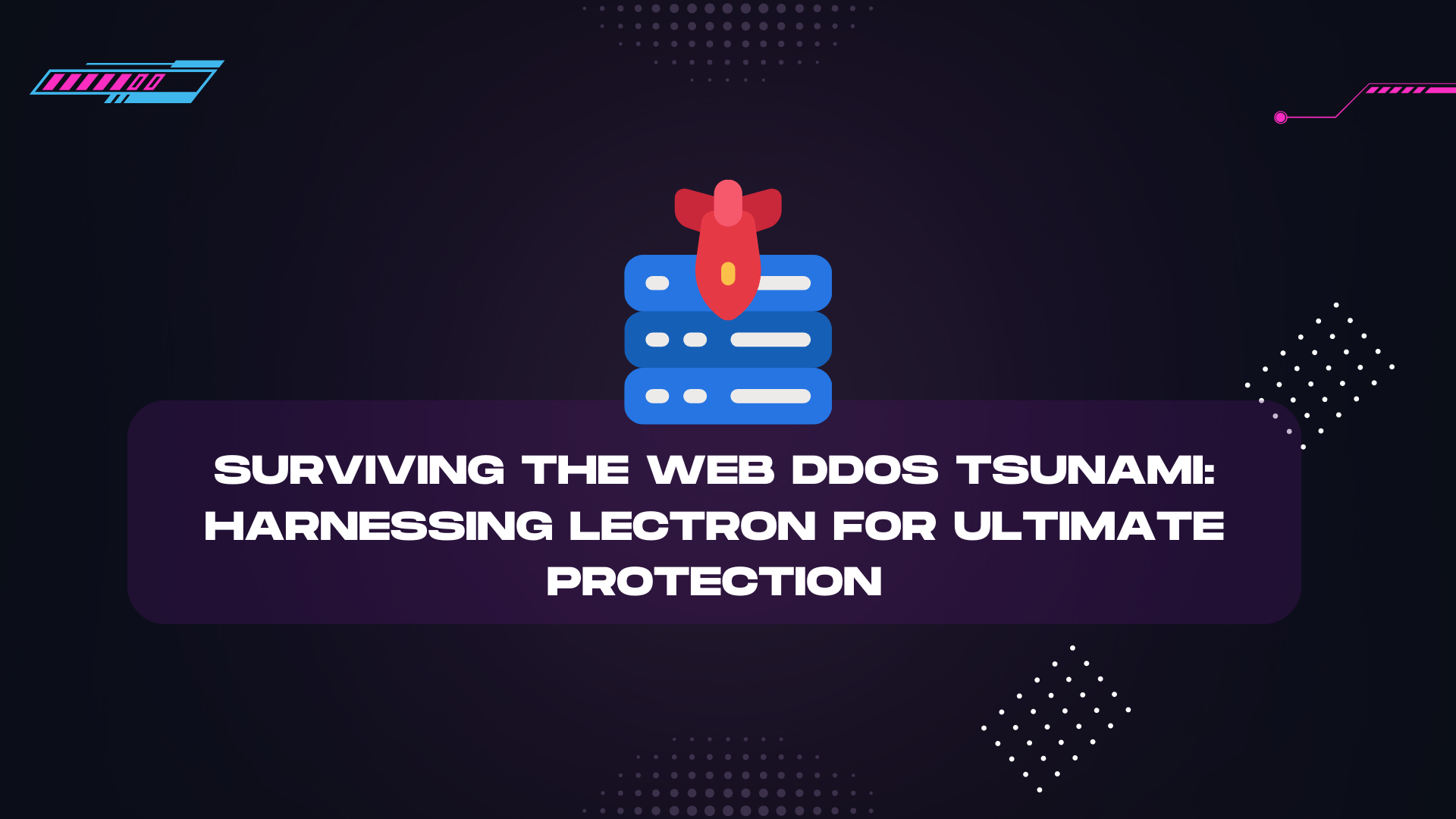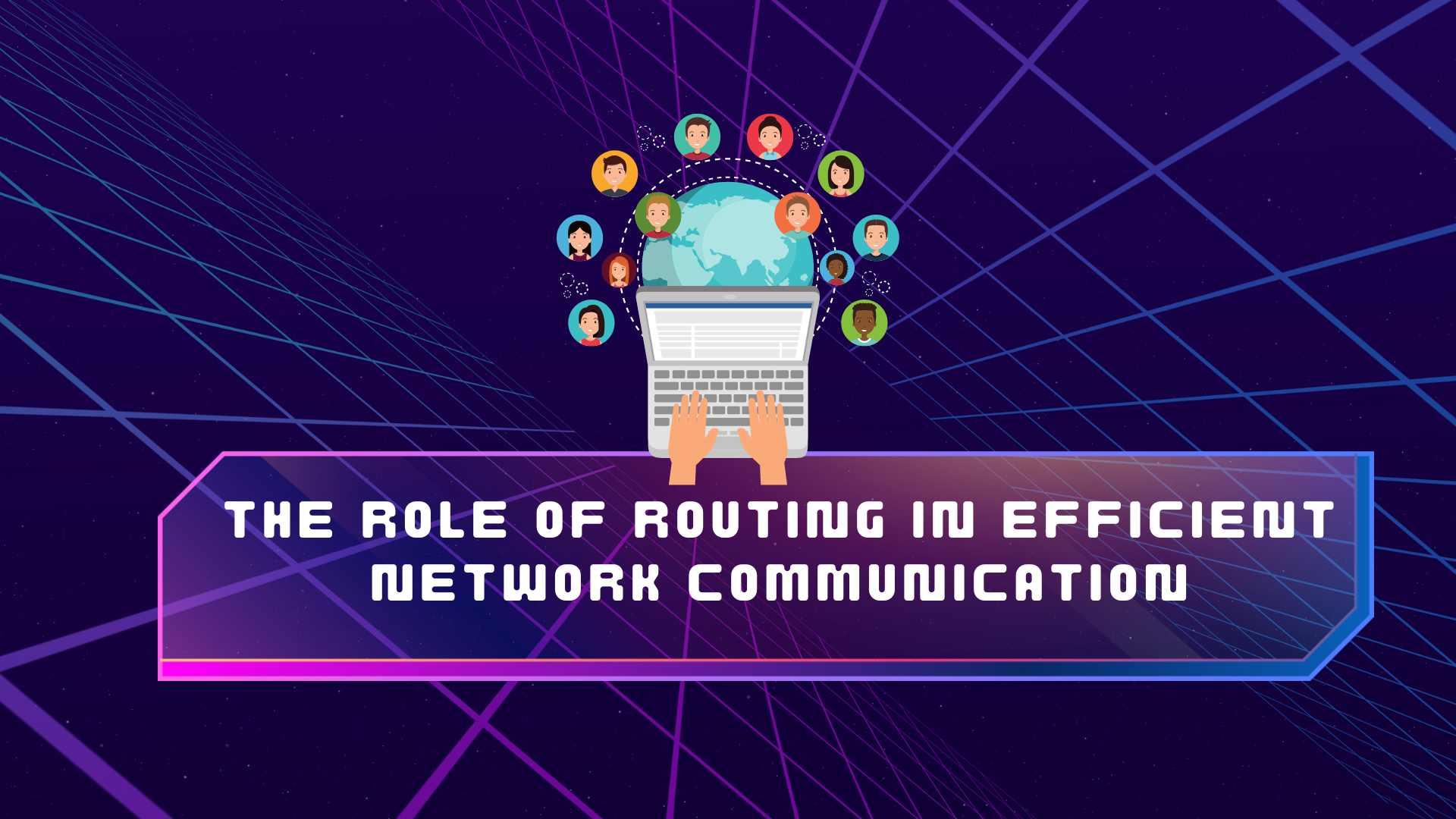As Distributed Denial of Service (DDoS) attacks become increasingly sophisticated, organizations are looking for ways to improve their defense and incident response strategies. One approach that has gained popularity in recent years is DevOps.
DevOps is a set of practices that combines development (Dev) and operations (Ops) teams to enable faster and more efficient software delivery. By automating and streamlining the development and deployment process, DevOps can help organizations respond to threats more quickly and effectively.
In this article, we’ll explore the role of DevOps in improving DDoS defense and incident response, and provide some best practices for organizations to follow.
DevOps and DDoS Defense
DevOps can play a critical role in improving DDoS defense. Here are some of the key benefits:
- Continuous Testing and Deployment
DevOps teams use automated testing and deployment tools to ensure that code changes are thoroughly tested and deployed quickly. This can be particularly helpful in preventing DDoS attacks, as vulnerabilities can be identified and patched before they are exploited.
- Scalability
DevOps teams are adept at creating scalable architectures that can handle sudden surges in traffic. This is important for DDoS defense, as attackers often target specific websites or services with massive amounts of traffic, making it difficult for the targeted organization to handle the load. DevOps teams can design systems that can quickly scale up or down to meet demand, making it easier to defend against DDoS attacks.
- Collaboration
DevOps emphasizes collaboration between development and operations teams. This can be particularly helpful in DDoS defense, as it allows security teams to work closely with developers to identify and mitigate vulnerabilities.
- Automation
DevOps relies heavily on automation, which can help organizations respond quickly to DDoS attacks. Automated processes can detect and mitigate attacks in real-time, reducing the impact of an attack and minimizing downtime.
Best Practices for DevOps and DDoS Defense
To take advantage of the benefits of DevOps in DDoS defense, organizations should follow these best practices:
- Integrate Security into the DevOps Process
Security should be integrated into the DevOps process from the outset. Security teams should work closely with developers to identify potential vulnerabilities and develop strategies to mitigate them.
- Implement Continuous Testing and Deployment
Continuous testing and deployment are essential for effective DDoS defense. Automated testing tools should be used to identify vulnerabilities and weaknesses in code, and updates should be deployed quickly to address any issues.
- Use Scalable Architectures
Scalability is critical for DDoS defense. Organizations should design scalable architectures that can handle sudden surges in traffic. Cloud-based solutions can be particularly helpful in this regard, as they can quickly scale up or down as needed.
- Monitor for Anomalies
Organizations should use monitoring tools to detect anomalies in traffic patterns. This can help identify potential DDoS attacks before they do significant damage. Automated monitoring tools can detect and respond to attacks in real-time, minimizing downtime and damage.
- Implement Automation
Automation is key to effective DDoS defense. Organizations should use automated processes to detect and mitigate attacks in real-time. This can reduce the impact of an attack and minimize downtime.
Another benefit of DevOps for DDoS defense is that it promotes a culture of collaboration between different teams. This can be particularly helpful for organizations that have traditionally had siloed teams, such as development and operations. By bringing these teams together, DevOps can help break down these silos and promote better communication and collaboration.
Finally, DevOps can help organizations improve their incident response plans by incorporating security into every stage of the development process. This can help identify and mitigate vulnerabilities before they are exploited, reducing the risk of a successful DDoS attack.
Conclusion
DDoS attacks are a growing threat to organizations of all sizes. By incorporating DevOps practices into their DDoS defense and incident response strategies, organizations can improve their ability to respond quickly and effectively to attacks. By integrating security into the DevOps process, implementing continuous testing and deployment, using scalable architectures, monitoring for anomalies, and implementing automation, organizations can minimize the impact of DDoS attacks and keep their systems and data safe.




